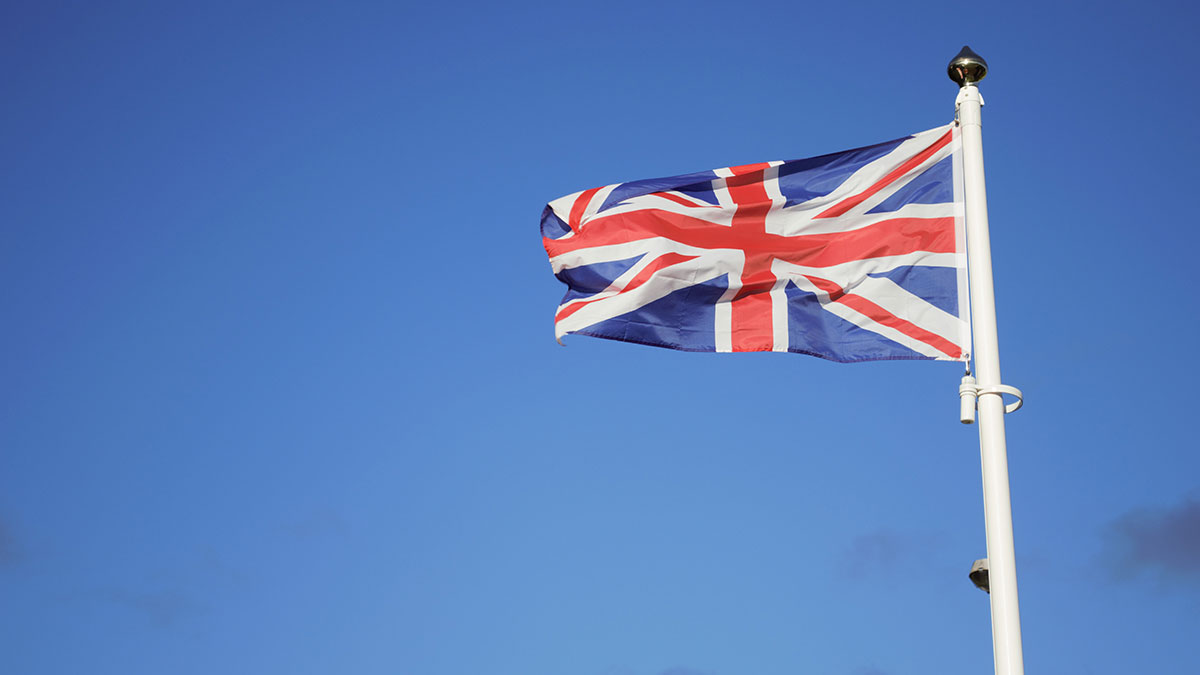Given that it’s the New Year, the OrbitRemit blog is reflecting on the year just gone. More than any other year in the last decade, 2016 had huge ups and downs – including a number of seemingly game changing events. Join us as we reflect on the biggest stories of 2016 in chronological order, and our analysis as to how these may change things going forward.
China
February saw huge volatility in financial markets as China’s stock market grappled with the news that China might be tightening liquidity, signalled by a huge climb in the money-market rates. This led to a huge selloff of shares on the exchange, which fell by 6.4% on February 25th 2016 alone, further fuelled by fear and the pessimistic belief that the fundamental value of the shares didn’t support higher prices. This led to a huge amount of uncertainty in the global financial markets that spooked investors all over the world. This is mainly because of an information disconnect between China and the Western world – we’re reluctant to rely on official Chinese statistics for anything because they can’t be easily verified. Investors therefore tend to jump ship at the first sign of danger.
Since February, markets (including the US, Australia and New Zealand, to name a few) have comfortably recovered. Is this the last we’ll see of China’s volatility? Who knows – but with recent concerns around China’s economic slowdown, it’s unlikely that it is. After all – we’re dealing with the highest-populated country in the world here. Anything that happens in China – good or bad, has a huge impact on the rest of the world.
Brexit
You probably don’t need us to tell you that Britain voted to leave the European Union (EU) on the 23rd of June 2016. The British Prime Minister, David Cameron, resigned and Theresa May has taken over the reins since. For the UK to leave the EU it has to invoke an agreement called Article 50 of the Lisbon Treaty which gives the two parties two years to negotiate the split’s terms. Theresa May has indicated her intention to start this before the end of March 2017, meaning the UK will be expected to have officially left the EU by early 2019. This means that technically the UK is still part of the EU – but obviously people are aware of the prospect that it soon won’t be.
But what does this mean, going forward? Well once the UK does leave the EU, immigration will become much tougher – the borders will no longer be open to those in the EU to do as they please (on the flip side, the EU’s borders are no longer open to those in the UK).
Economically, this is going to be important – we saw this in the huge reaction from financial markets on the day of the vote. The pound dropped to its lowest point in 30 years. However, many see this as an overreaction. Share prices have since recovered and experts are unsure as to how much of an impact Brexit will have on the UK economically overall. Either Brexit could lead to a huge economic downturn from a lack of international trade or, if the UK can negotiate reasonable trade deals outside of the EU, it may only have a small long-term economic impact. In any event, scepticism and fear often breeds bad news – as a weak pound has already caused economic trouble for big businesses like John Lewis, who are now effectively paying more to import their goods.
Trump
The final in a string of interesting events, Donald Trump was elected President of the United States on November the 8th 2016. While many are confused by this outcome, this (like Brexit) signals that the world is moving towards radicalism. There appears to be a modern fear of globalisation, especially in the wake of China – hence some of the biggest countries are closing their borders and trying to survive alone. Donald Trump is set to take office on the 20th of January. Trump promises to “Make America Great Again” and “Build a Wall” dividing the US and Mexico. Among other things, Trump plans to withdraw from the infamous Trans-Pacific Partnership (which will have an impact on Australia and New Zealand in particular, as this was a major trade deal). Trump further plans to expand the US military and “defeat Isis”.
While none of this is probably new information, the flow on economic effects are interesting. Many experts seemed to think that Trump’s election would cause the global economy to collapse in shock, but this didn’t happen. Instead, healthcare companies, which would have seen heavy regulation if Hillary Clinton had won the election, rejoiced. Similarly, resources (in particular, the Australian iron ore, coal and other similar commodities) and fossil fuels saw a boom at the prospect of building Trump’s infamous “wall” and at the thought of lesser regulation in the oil industry than under Obama. At the same time, potential war and destruction of global trade practices frightened markets. It appears that Trump will bring severe volatility, rather than the bear market that was predicted. The real uncertainty lies in whether Trump will follow through with his radical policies and promises – in fact, following election, Trump came out and said he would “accept a fence in some areas” rather than a wall.
It would be an understatement to say that 2016 was an interesting year. How will 2017 play out? Who knows – but remember, whatever global events are going on in the background, OrbitRemit will give you the best bang for your buck when exchanging currency. Check out our calculator at the top of your screen to find out more!

